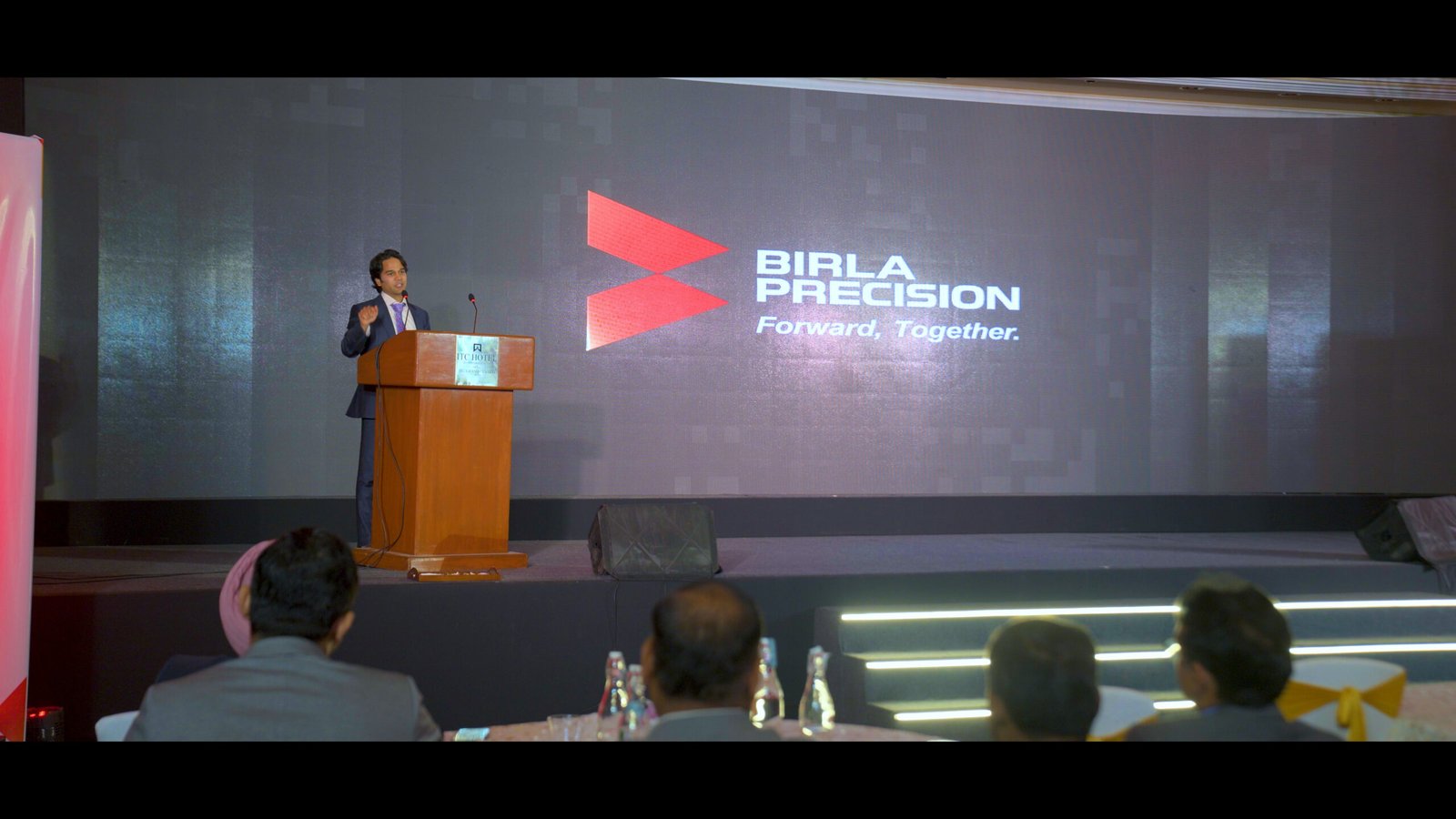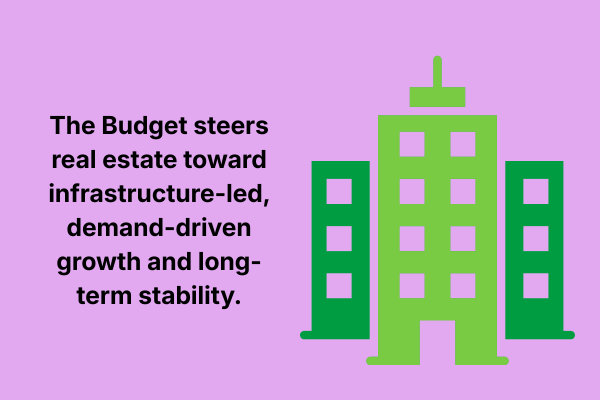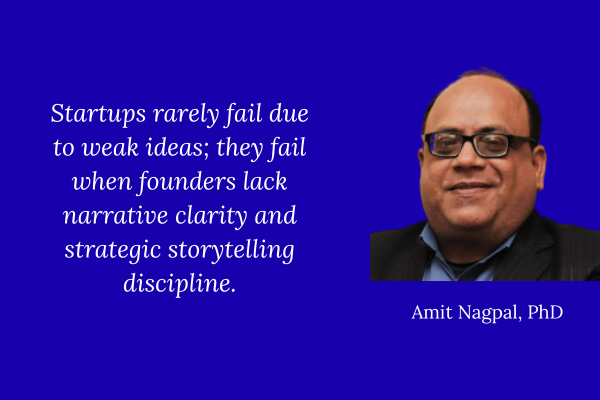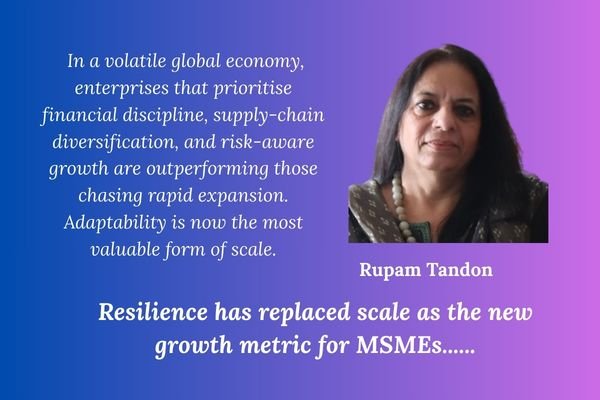Dubai, 10 September 2024 – The Global Initiative for Industrial Safety (GIFIS) has unveiled its Manifesto for Global Industrial Safety, a comprehensive blueprint aimed at enhancing worker safety through the adoption of advanced technologies. Developed in collaboration with the United Nations Industrial Development Organization (UNIDO), Lloyd’s Register Foundation, the Global Manufacturing and Industrialization Summit (GMIS), and Cambridge Industrial Innovation Policy (CIIP), the manifesto seeks to address both new and existing safety risks faced by workers globally.
This initiative is particularly significant as workplace accidents account for nearly three million deaths annually and result in a 3.9% loss of global GDP, according to the International Labour Organization (ILO). The manifesto outlines strategies to integrate technology into safety protocols, aiming to reduce these staggering numbers.
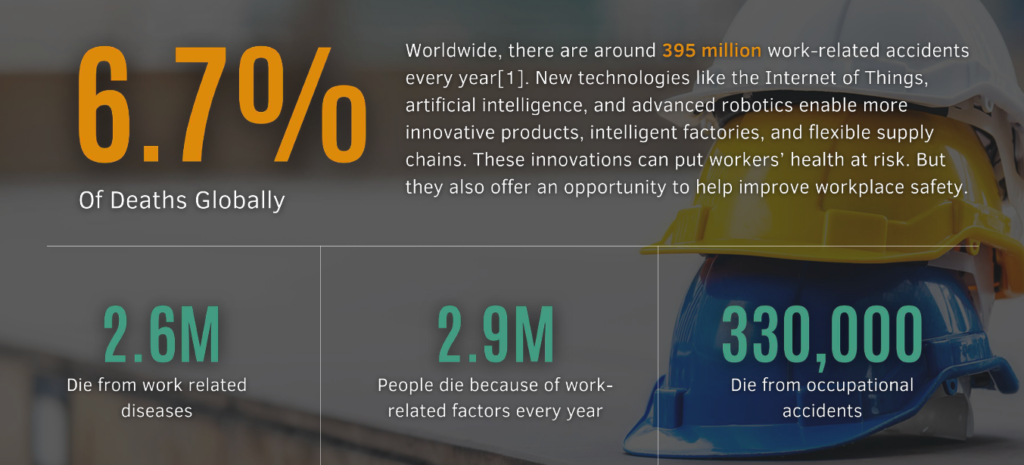
Technology’s Role in Industrial Safety
As industrial sectors embrace cutting-edge technologies like the Internet of Things (IoT), Artificial Intelligence (AI), and Advanced Robotics, the nature of workplace safety is evolving. While these innovations promise smarter, more efficient operations, they also introduce new risks. The Manifesto for Global Industrial Safety provides a framework for mitigating these risks while maximizing the potential benefits of technological advances.
The manifesto offers five key principles to guide industries, governments, and international organizations. These include recognizing safe working conditions as a human right, prioritizing safety in all technology-related decisions, and fostering cross-sector collaboration to develop and implement technology-enabled safety solutions. It also emphasizes the importance of sharing safety lessons globally, ensuring that developing countries and informal economies, often disproportionately affected by unsafe conditions, are supported in their efforts to improve worker safety.
A Global Call to Action
Leaders from various organizations have expressed strong support for the manifesto. Ciyong Zou, Deputy to the Director General at UNIDO, emphasized the importance of addressing safety challenges as industries undergo rapid technological transformation. “The GIFIS Manifesto is a critical first step toward ensuring a safer, more secure industrial future,” he stated.
Similarly, David Reid, Director of Global Advocacy at Lloyd’s Register Foundation, stressed the need for responsible adoption of emerging technologies. “Big data, cloud computing, and robotics are changing the industrial landscape. However, they also bring new safety risks. The manifesto is essential in guiding industries on how to adopt these technologies safely,” he remarked.
The manifesto also calls for a unified global effort to support developing nations, where workers, including women and migrant laborers, face higher safety risks due to limited regulations and resources. By promoting global cooperation, GIFIS aims to address these disparities and ensure that every worker, regardless of location, benefits from improved safety standards.

The launch of the Manifesto for Global Industrial Safety marks a significant milestone in the effort to prioritize worker safety alongside industrial progress. As technology continues to reshape industries, GIFIS urges stakeholders worldwide to act now, ensuring that safety remains at the forefront of industrial development.
To download the Manifesto for Global Industrial Safety, visit Global Initiative for Industrial Safety.
About GIFIS:Founded in 2021 in partnership with UNIDO, Lloyd’s Register Foundation, and GMIS, GIFIS aims to create a safer industrial future by leveraging advanced technologies to protect workers across the globe.
Author Profile
Latest entries
 Business2 January 2026Rungta Tea Marks 24 Years with 92% Distributor Retention, Outlines Ambitious Expansion
Business2 January 2026Rungta Tea Marks 24 Years with 92% Distributor Retention, Outlines Ambitious Expansion Business18 October 2025Start Your Drone Business: Aquiline Drones Franchise Program for Veterans
Business18 October 2025Start Your Drone Business: Aquiline Drones Franchise Program for Veterans Doing business3 June 2025India’s Q-Commerce Growth Underscores Market-Driven Innovation: Siddharth Shankar
Doing business3 June 2025India’s Q-Commerce Growth Underscores Market-Driven Innovation: Siddharth Shankar Business15 May 2025World MSME Day: A Global Commemoration of Entrepreneurial Vitality
Business15 May 2025World MSME Day: A Global Commemoration of Entrepreneurial Vitality
